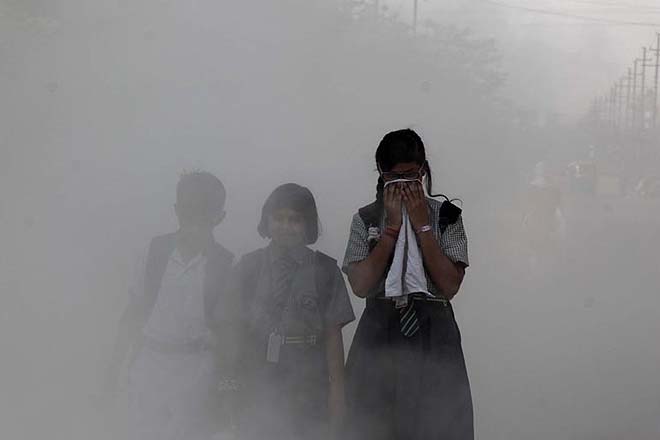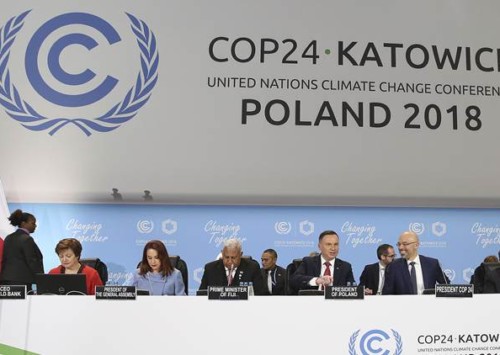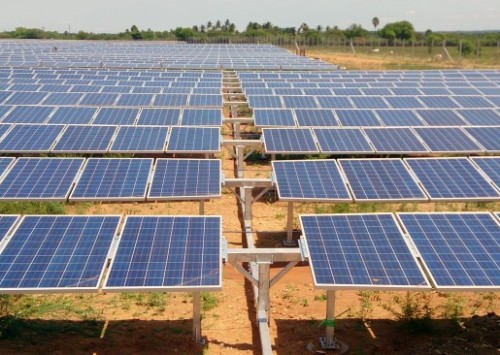Tackling air pollution can save millions of lives, says WHO report

Air pollution alone kills seven million people in the world every year and costs welfare losses worth USD 5.11 trillion
A WHO report released at the Katowice conference on December 5 says India could gain massive health benefits by tackling climate change.
According to a report released by the World Health Organization (WHO) at the United Nations Climate Change Conference (COP24) in Katowice on December 5, a million lives in the world can be saved if countries cut air pollution levels as per the Paris Agreement by 2050.
“The Paris Agreement is potentially the strongest health agreement of this century,” said Tedros Adhanom Ghebreyesus, director-general of WHO. “The evidence is clear that climate change is already having a serious impact on human lives and health. It threatens the basic elements we all need for good health—clean air, safe drinking water, nutritious food supply and safe shelter—and will undermine decades of progress in global health. We can’t afford to delay action any further.”
The report adds that air pollution alone kills seven million people in the world every year and costs welfare losses worth USD 5.11 trillion. The 15 countries, which emit the most amount of greenhouse gas, spend four per cent of their gross domestic product (GDP) on health impacts of air pollution. This is when actions to meet the Paris goals cost around one per cent of global GDP.
Looking towards a healthier future
WHO’s COP-24 special report: health and climate change provides recommendations for governments on how to maximize the health benefits of tackling climate change and avoid the worst health impacts of this global challenge.
What the world can do is, switch to low-carbon energy sources that will not only improve air quality but provide additional opportunities for immediate health benefits. For example, introducing active transport options such as cycling will help increase physical activity that can help prevent diseases like diabetes, cancer and heart disease, says the report.
“The true cost of climate change is felt in our hospitals and in our lungs. The health burden of polluting energy sources is now so high, that moving to cleaner and more sustainable choices for energy supply, transport and food systems effectively pays for itself,” says Dr Maria Neira, WHO director of Public Health, Environmental and Social Determinants of Health. “When health is taken into account, climate change mitigation is an opportunity, not a cost.”
India could gain massive health benefits
India and China could gain massive health benefits by tackling climate change, according to the WHO. These two countries would generate even larger net benefits by pursuing the 1.5 degrees Celsius target rather than the two degrees target (USD 0.27-2.31 trillion in China and USD 3.28-8.4 trillion in India).
India needs to take severe measures to tackle its problem of air pollution. According to a report released by the Indian Council of Medical Research (ICMR) on December 5, one out of every eight deaths in India was attributable to air pollution in 2017, which now contributes to more disease burden in the country than tobacco consumption.
Alarmingly, around 77 pc of India’s population is exposed to outdoor air pollution levels above the National Ambient Air Quality Standards safe limit, with the northern states having particularly high levels. The average life expectancy in India would have been 1.7 years higher if the air pollution level were less than the minimal level causing health loss. 14 of the 15 cities with the worst air pollution in the world are in India.












